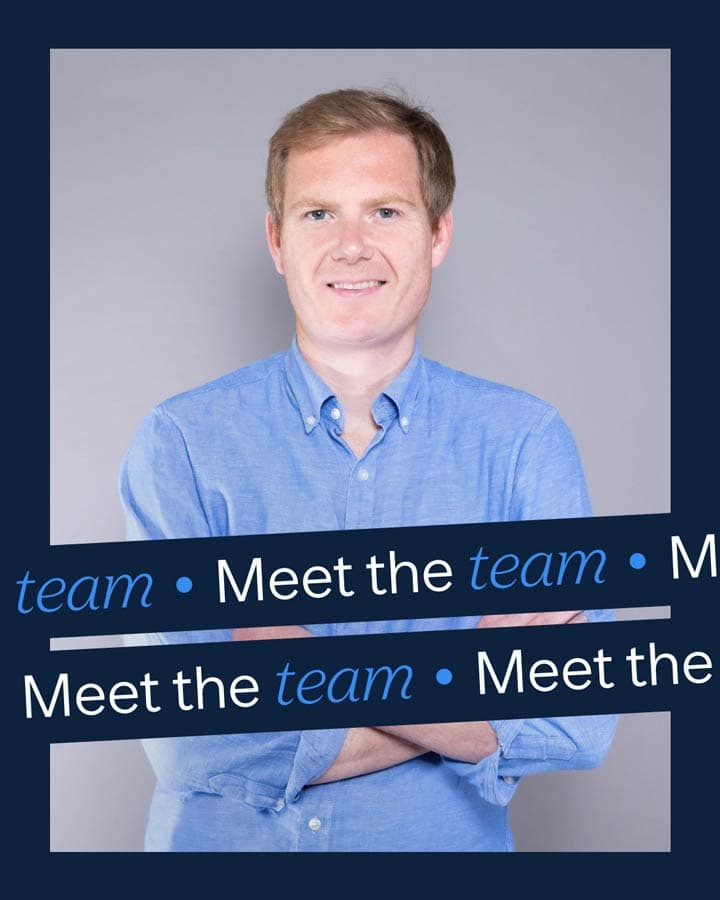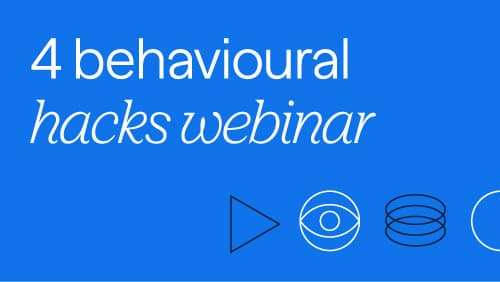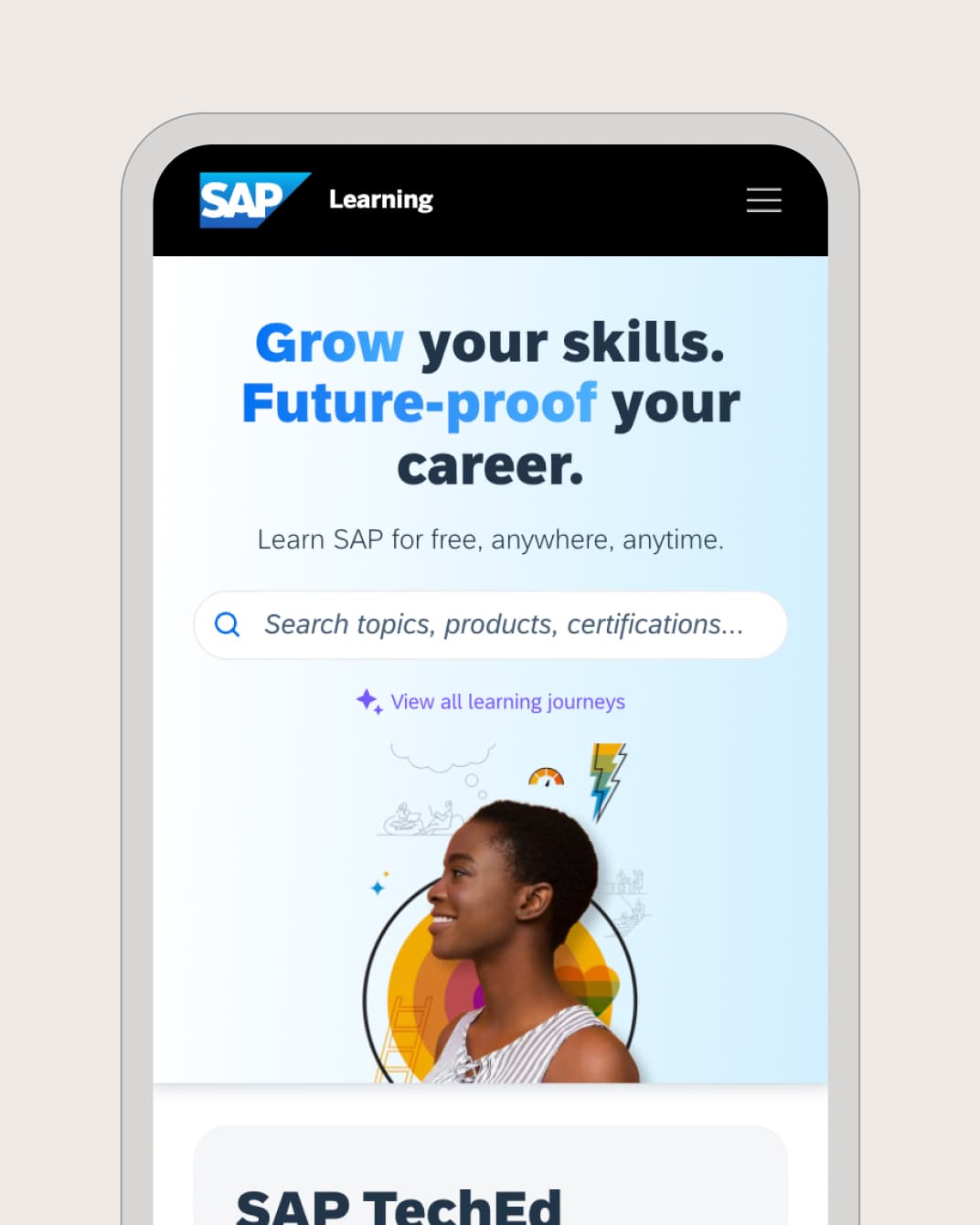
“If I had an hour to solve a problem and my life depended on the solution, I would spend the first 55 minutes determining the proper question to ask.” - Albert Einstein
As Research & Strategy Director at Tangent, I spend my time working closely with our clients to better understand the problem they are looking to overcome, identify what their customers need, and devise a solution that aligns a whole lot of requirements.
Without fail, project success hinges on whether we’ve asked the right questions and made the right assumptions at the start.
The right questions create the right focus. As the Einstein quote above illustrates, it also gets you to the right answer faster.
This is why if you want your next digital project to be a success, it’s absolutely critical you ask yourself the right questions before writing the brief.
Compare apples with apples
If your brief doesn’t give enough detail, agencies will make different assumptions and you’ll get massively varied responses.
You’ll be unable to make head or tail of why one agency has quoted you £50,000 and why another has quoted you £250,000 because you’ll be comparing apples with oranges.
If you end up selecting an agency based on a cheaper price, the risk is they won’t deliver what you need or catch you off guard with a higher bill midway through a project.
Or, your agency may envision something that’s overly ambitious and you end up with more than you really needed to.
The more information you provide, the easier it is to compare them on their merits and the more accurate the quotes will be.
With that in mind, here are some of the questions you need to answer in order to write a brilliant brief.
- Background to the project
Helping your agency understand what is actually driving your project is really important:
- Why do you want to do this now?
- What isn’t working for you anymore?
- What do you need the product to do for you as a business?
- Objectives and scope
The more information you can provide on your objectives and your scope, the more appropriate and accurate the response you’ll receive:
- What are you looking to achieve?
- Do you have specific KPIs you're looking to meet?
- What are the 5-10 things you want this new website to do/agency to deliver against?
- What other streams may influence or create dependencies to this project? E.g. Are you rebranding or implementing new CRM software?
- Are there any other sites or microsites that need to be considered as part of this scope?
- Who will be involved on your side?
- How will decisions be managed and taken internally?
- What are you looking for in a partner agency?
- What’s out of scope
It’s also important to specify what’s not in this scope, for example:
- Will you be creating all of the content yourself in-house or do you need help from a copywriter on some pages?
- If you have an HR partner or platform, will they continue to support the careers section of your site?
- Are there current integrations that will no longer be needed?
- Global & language functionality
Your approach to global and language functionality can make a huge difference to the scope.
For instance, if you need an Arabic site that will be read right to left, then you’ll need a mirror design with associated costs.
- What are your expectations with regards to global and language functionality?
- Do you have an existing domain structure or workflow we need to consider? Or, are looking for advice on the best way forward?
- If it’s global, do you need every page translated or just key pages?
- What does the workflow currently look like for users to upload content in their respective regions- and is there scope to change this?
- Technology
We can partner with you if the idea of defining your technical strategy & requirement for a project is a daunting prospect. However, its crucial we nail these down early on, otherwise without a crystal-clear understanding of the technical requirements in relationship to your business, it’s easy to end up with a digital product that isn’t fit for purpose. On the other hand, if you have a strong technical brief, it sets you up for success from the start. It’s great to include:
Do you have any metrics about existing site usage you can share? It’s important for us to have total numbers of users over a certain period, the maximum at a given moment, the geographic distribution of these users, as well as the devices and browsers they use… all of which can be provided on Google Analytics reports.
- Do you have a preferred CMS or a shortlist? Take a look at our Technical Director’s advice on Choosing a CMS if you need help with this.
- Have you selected specific technology or are you looking for the agency to advise you on a stack?
- Will any sensitive data (Personally Identifiable Information) be processed or stored by the proposed application?
- Are they any government or regulatory standards for your industry we should be aware of?
- How do you see the proposed system being rolled out? Will it be made available to a segment of users or released in one big bang?
- Are you happy for your agency to work with an external partner or do you want your project managed from one location?
- Are we interfacing with or integrating any legacy systems?
- Do you have a list of any other integrations required, e.g. CRMs, EMSs, etc?
- Timeline
Obviously, the deadline is super important, and giving context as to why is helpful too:
- Is there a hard deadline?
- What is driving this date?
- If there are dependencies (such as a branding project), when will this be delivered and how might it affect timings?
- Would you like to see the project delivered in phases?
- How much time do you estimate you need internally to get things signed off at key milestones?
- Budget
This is really the elephant in the room. Although you may be reluctant to share your budget, don't be afraid to talk about it.
Transparency increases the chance of hiring a partner that will deliver what you want at the right cost. Giving a fixed figure is great, but so is a ballpark so that they can give you multiple options.
The reality is that most agencies are able to deliver to the budget that you have. They may need to rethink their process to find efficiencies or you may be able to handle certain parts of the project to cut costs.
Being upfront about the budget also sets the right tone for collaboration from the start.
- Next steps
Next steps are also important to help your potential agency plan and hit the ground running if successful:
- What will happen once a proposal is submitted?
- Will agencies get an opportunity to present?
- What does the timeline look like with regards to internal decision-making with your preferred partner?
- When would you like the project to kick-off?
- RFP (request for proposal) specifics
Finally, being clear on what you want to see in the proposal will make it easier for agencies to respond and for you to compare them on their merits. Here are some ideas of what to include:
- Details of the team working on the project
- Examples of relevant previous work that covers aspects of the brief
- Outline of their process and approach
- Approach to project management and client communication
- Details of what will be delivered in-house vs with partners
- Technical credentials
- High-level project plan & commercials
- Why not let your agency help write the brief?
- Writing a brief is not the type of thing you might do often, particularly on digital transformation projects.
If you’re working for a large organisation you may be rebranding or redesigning your site every 4-5 years. The technology will have changed in that time, along with the way digital projects are handled.
So don’t be shy, ask your agency to help you write the brief you’ll send them. Assuming you’re going to invite them to pitch, of course!
As agencies, we’re delivering digital projects and evaluating briefs every day. We understand the complexities, nuances and all the options available to you.
We can run you through similar projects we delivered and their ballpark costs, giving you a better idea of what’s possible for the budget you have.
The better your brief, the less chance of agencies making wild assumptions, ending up with a partner that can’t deliver or wasting time and money on an inadequate solution.
After all, the right answer to the wrong question will always be the wrong answer.
We’d love to hear from you
Need help with your brief? We’d be happy to provide a sounding board, drop us an email at ideas@tangent.co.uk.
If you found this article helpful, please share this post on social media or with anyone who might need this information.


















